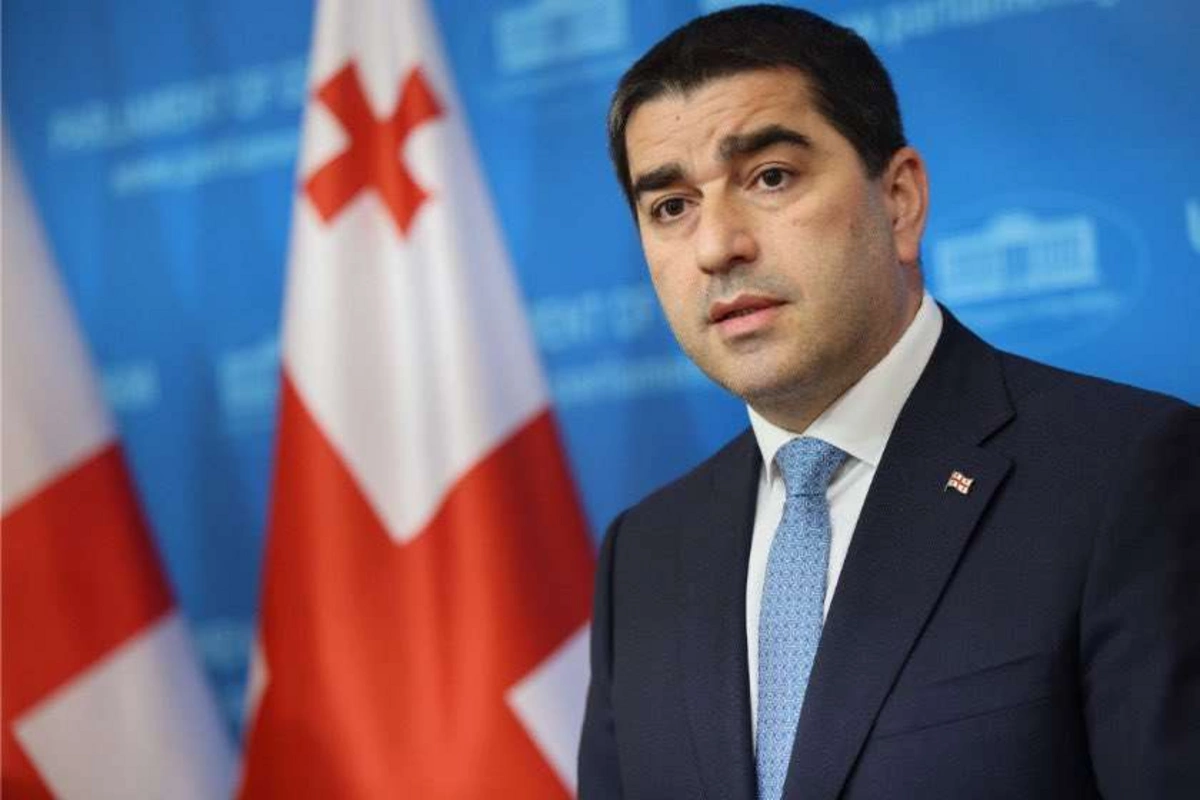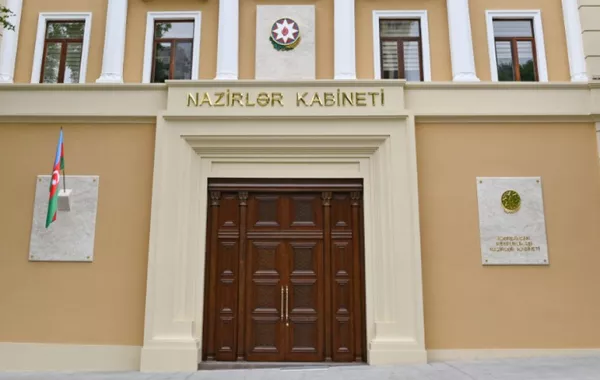
In his interview with Imedi TV, Papuashvili noted the importance of reciprocal actions, saying Georgia “should take steps [towards integration] while [the EU] should take steps towards us”.
Photo: info.imedi.ge
Georgian Parliament Speaker Shalva Papuashvili stated on Wednesday that "just as Georgia is preparing for EU membership, the EU should prepare for our membership," emphasizing that the integration process is a "two-way street" and that Georgia did not agree to be absorbed or blended into any entity, The Caspian Post reports citing Georgian media.
In his interview with Imedi TV, Papuashvili noted the importance of reciprocal actions, saying Georgia “should take steps [towards integration] while [the EU] should take steps towards us”.
We do not wish to be accepted into the EU out of charity. We wish to be accepted consciously because they need us”, the Speaker pointed out.
Reflecting on reasons why Georgia should be admitted to the EU, the official said “ultimately, this is not just about political sympathies" and “we are not interested [to the bloc] because of political parties, but rather as a state, its location, geopolitical importance and so on”. He said the country’s “value for the EU became evident” during the Ukraine war, as the northern logistics corridor between China and Europe was blocked, and “all cargo between Europe and Asia passes through the southern corridor and Georgia”.
The European Union declares diversity as its motto. How is it diversity when everyone is forced to think the same about everything necessarily?”, he questioned.
We are not ready for countries [the EU members] smaller than us to play a big brother’s role. This is important to us. It seems to some European politicians that EU integration process means lecturing a banana republic”, Papuashvili said in reference to a delegation of European parliamentarians who had addressed demonstrators in capital Tbilisi last Monday, urging them to “fight against the stolen votes” in last month’s parliamentary elections and “uphold Georgia’s European future” amidst allegations by the domestic opposition of vote-rigging and fraud.
When seven individuals [MEPs] come from seven different countries and dare to stand at a rally in violation of the UN Convention, how can we speak to them as equals? Can you imagine the head of a foreign affairs committee travelling to Berlin or Vilnius to hold a rally?”,the official added, explaining his refusal to meet with the delegation as he had accused some of its members of “exhibiting unfriendly rhetoric” to the ruling Georgian Dream party.
The Speaker alleged some of the “post-Soviet politicians, especially from the Baltic states who observed Moscow for too long and how it played the role of a big brother, now want to adopt the same posture towards Georgia, which will not work”, stressing the Government did not plan to bring the country into the EU “under the rules where chairs of some committee from Estonia or Sweden presents themselves as our big brother”, and adding Georgia would “not take lessons from those involved in political corruption”.
In reality, it is not about the quality of elections. What truly bothers some is the transparency law”, he claimed in reference to the legislation that was passed by the Parliament in May and requires registration of non-commercial legal entities and media outlets in the country as “pursuing the interests of a foreign power” if they derive more than 20 percent of their funding from abroad.
The lawmaker alleged the public had “seen how important the secrecy was in the elections [to certain actors]”, pointing to their “direct foreign funding during the election campaign”.
Papuashvili also claimed a march organised by a coalition of non-governmental organisations on October 20 to highlight the country’s commitment to European integration and condemn what they called the current Government’s “anti-Western course” had been “funded in part with EU money”, and questioned “what does the money spent on the rally has to do with Europe, values, or what we aspire to”.
Share on social media
